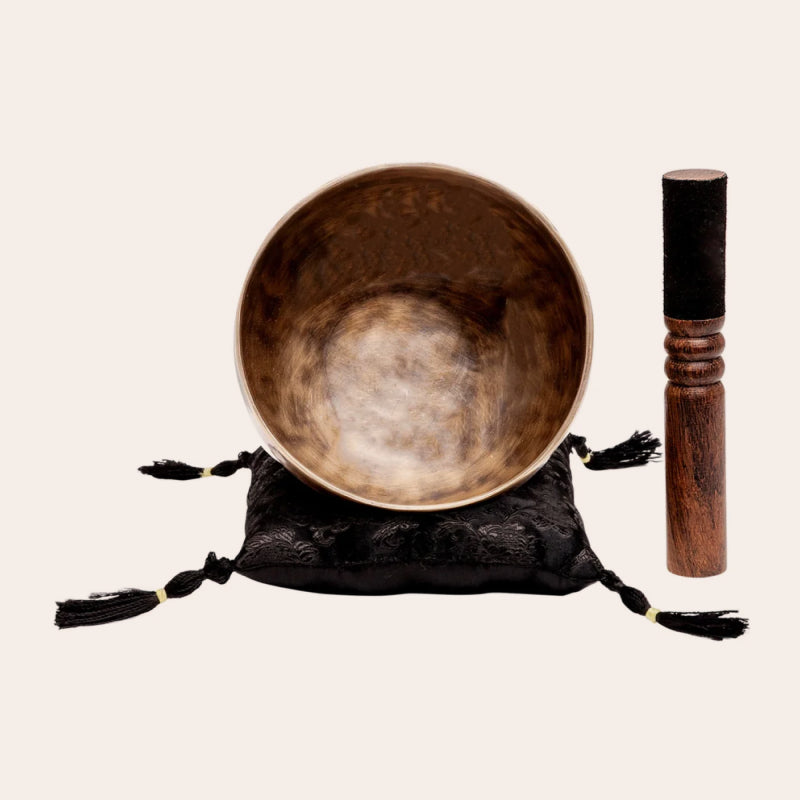Our Blog
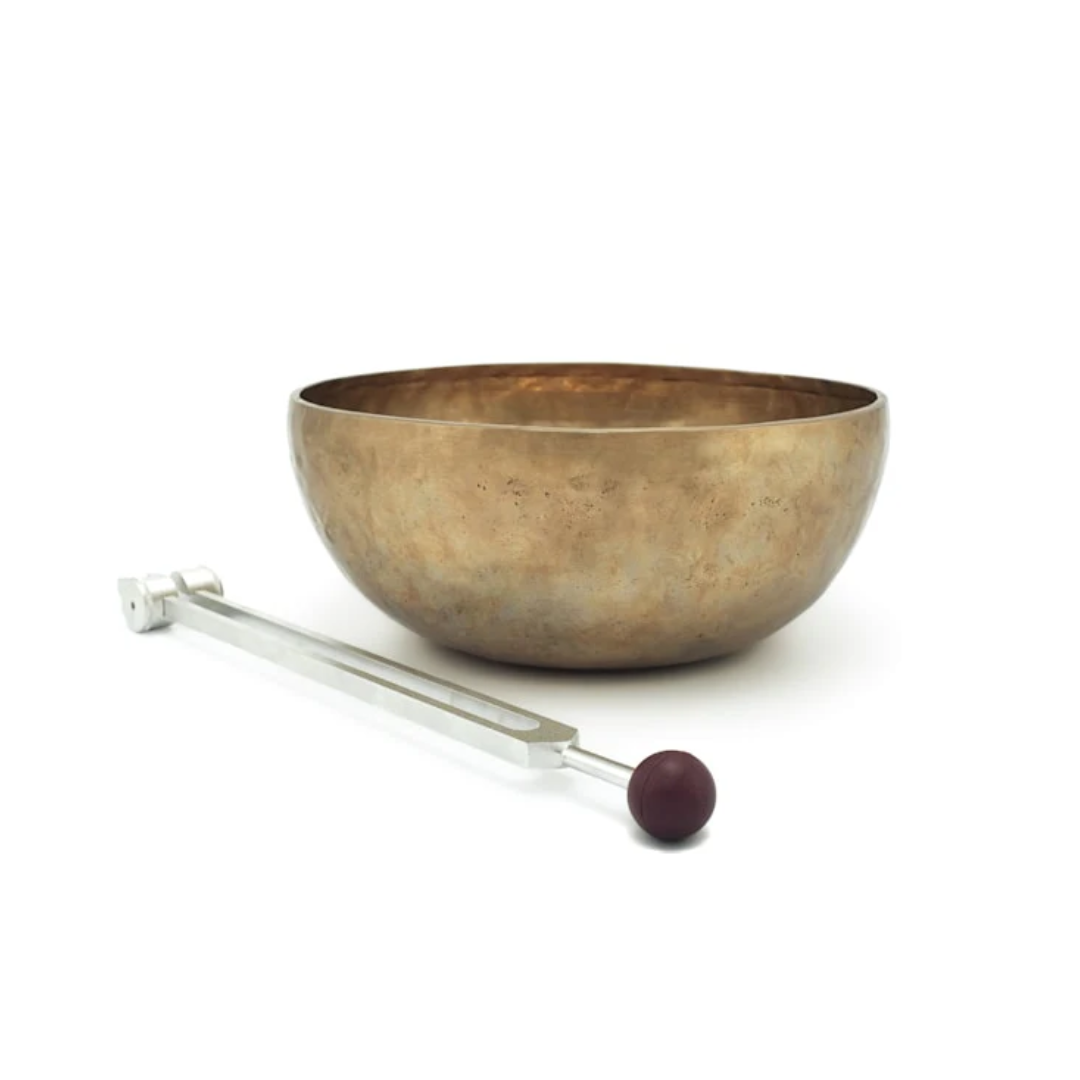
tones and frequencies
432 Hz vs. 440 Hz Tuning Debate in the World of Handmade Tibetan Singing Bowls
Curious about the 432 Hz vs. 440 Hz tuning debate? When it comes to handmade Tibetan singing bowls, the discussion can be misleading. Unlike mass-produced instruments, these unique, artisan-crafted...
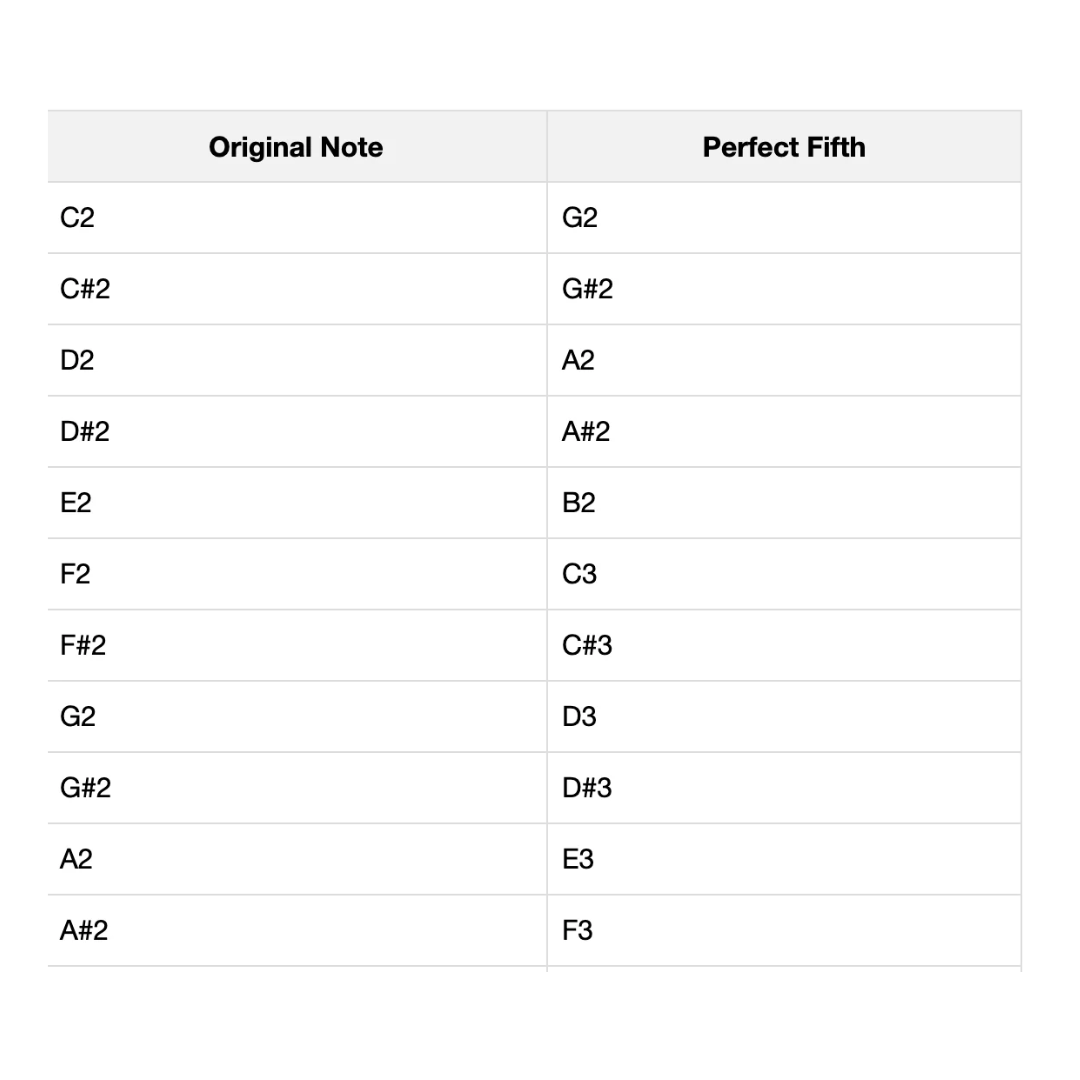
tones and frequencies
The Power of Perfect Fifths: How To Create Your Own Set
Discover the transformative power of perfect fifth harmonies with our in-depth guide. Learn how to pair your existing singing bowls to create harmonious and healing sounds, and explore the natural ...
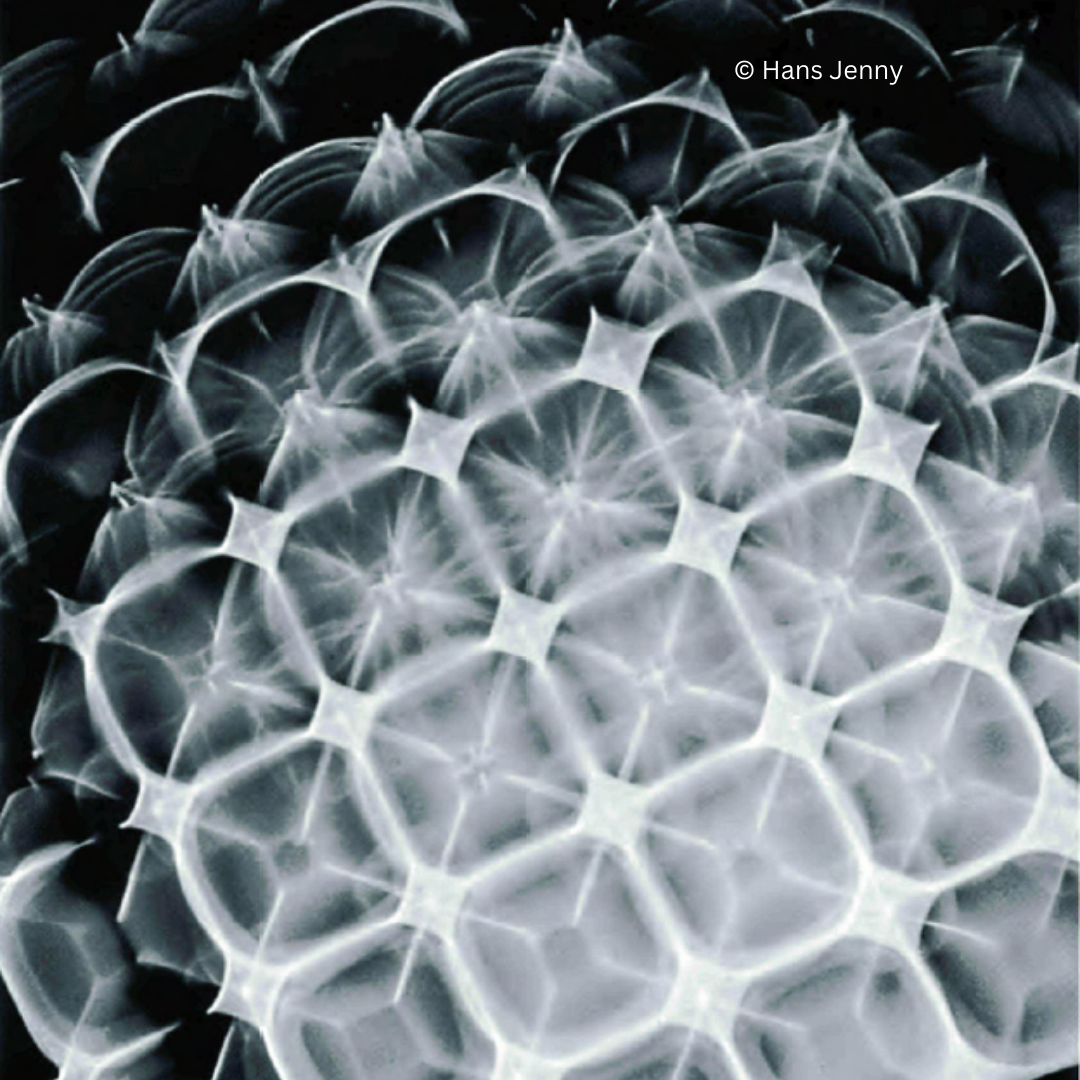
tones and frequencies
Hans Jenny: The Visionary Behind Cymatics
Cymatics, the study of visible sound and vibration patterns, unveils a fascinating interplay between sound waves and physical matter. Initially explored by Ernst Chladni in the 18th century and fur...
tones and frequencies
Perfect Fifths: Why Do They Sound So Good?
The perfect fifth is one of the most pleasing and harmonious intervals in music.
Its sound has been revered for centuries, and it plays a fundamental role in the construction of melodies and chords...

tones and frequencies
What's The Difference Between Harmonics and Overtones?
When we listen to music, we're often captivated by the richness and complexity of the sound.
Behind this complexity lies a world of fascinating acoustic phenomena, two of which are harmonics and ov...

all about
The Science of Binaural and Monaural Beats in Sound Therapy
The Science Behind Binaural Beats: Brainwave Synchronization and Altered States of Consciousness
Research suggests that binaural beats can modulate brainwave activity, particularly in the alpha, th...

tones and frequencies
Harmonizing Your Being: The Science and Magic of Handmade Bronze Singing Bowls
Now, here's where things get really interesting. Our brains are incredibly sensitive to external stimuli, including sound and vibration. When we're exposed to certain frequencies, our brainwaves na...

chakras
Unlocking Inner Vision: The Power of 'A' Note Singing Bowls for Third Eye Chakra Healing
Understanding and nurturing the Third Eye Chakra is key to developing inner vision, intuition, and spiritual growth. By incorporating practices that support the balance of this energy center, indiv...
all about
Resonance, Sustain, Timbre and Harmony Explained
Why Harmony is Pleasing:
Harmony is pleasing to the human ear for several reasons:
Natural Resonance: Certain harmonic combinations align with the natural resonances in our ears and in the physic...

all about
Singing Bowls For Geeks: The World Of Octaves, Notes and Frequencies
“What Note Or Frequency Does” this singing bowl play, is a question we’ve received several times per week over the past 9 years.
Learn about distinctions in handmade singing bowls, between octaves,...

all about
Ancient Resonance: Explore the Mystique of Naga and Mani Style Singing Bowls
Discover the rich heritage of Tibetan sound healing traditions through Naga and Mani style singing bowls. Each possessing unique characteristics, these ancient instruments captivate with their allu...

all about
How To: Use Tibetan Singing Bowls to Slow Brain Waves? The Science!
Our brain goes through different brainwave states throughout an average day. Slowing the brainwave states may mean relaxation, agitation, or alteration of the mind.
Slowing down the mind referenc...

tones and frequencies
Guide: Solfeggio Frequencies - How Does It Relate to Singing Bowls?
Solfeggio frequency comes from a scale of six notes introduced by a Benedictine monk, Guido d’Arezzo, around the 11th century. It was followed by the Catholic Church via their Gregorian chants.
Ev...

tones and frequencies
Guide: Tones and Frequencies of Singing Bowls - What, Why, and How?
Singing bowls make three overtones- fundamental, mid-tone, and female.
The fundamental tone refers to a deep and low tone. It's produced when you rub the mallet on the wall of a singing bowl.
Mid-...

all about
Singing Bowls and Sacred Sound
Sound is linked to our feelings: it makes our cells and body tissues vibrate. You’ve experienced this when you hear a tune you like on the radio while driving – you start moving and grooving to the...

tones and frequencies
Experience Deep Resonance
Your brain waves can match the frequency of an external stimulus. For this case, we are using a singing bowl as the external sounds that our brain waves will sync to!
When it’s heard that singing ...



